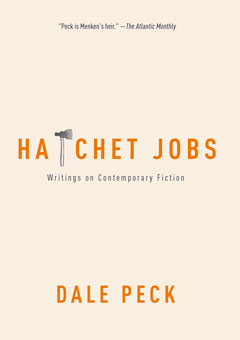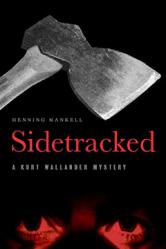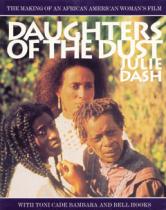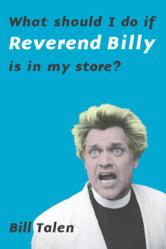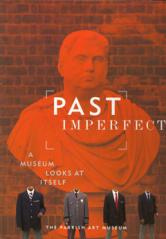Hatchet Jobs
The cover may have softened, but the polemic remains durable
“The Lester Bangs of literary criticism.” —Time Out New York
“The Lizzie Borden of American literary criticism.” —San Francisco Bay Guardian
Since the initial publication of Hatchet Jobs, the groves of literary criticism have echoed with the clatter of steel on wood. From heated panels at Book Expo in Chicago to contretemps at writers’ watering holes in New York, voices—even fists—have been raised.
Peck’s bracing philippic proposes that contemporary literature is at a dead end. Novelists have forfeited a wider audience, succumbing to identity politicking and self-reflexive postmodernism. In the torrent of responses to this fulguration, opinions were not so much divided as cleaved in two with, for example, Carlin Romano contending that “Peck’s judgments are worse than nasty—they are hysterical” and Benjamin Schwarz retorting that “in his meticulous attention to diction, his savage wit, his exact and rollicking prose and his disdain for pseudointellectual flatulence, Dale Peck is Mencken’s heir.”
Hatchet Jobs includes swinging critiques of the work of, among others, Sven Birkerts, Julian Barnes, Philip Roth, Colson Whitehead, Jim Crace, Stanley Crouch, and Rick Moody.
Topics:
Praise
|
|

